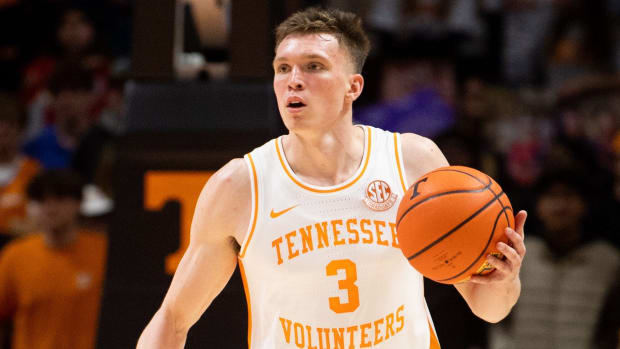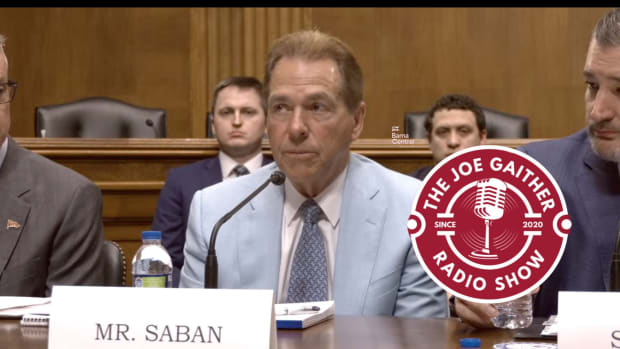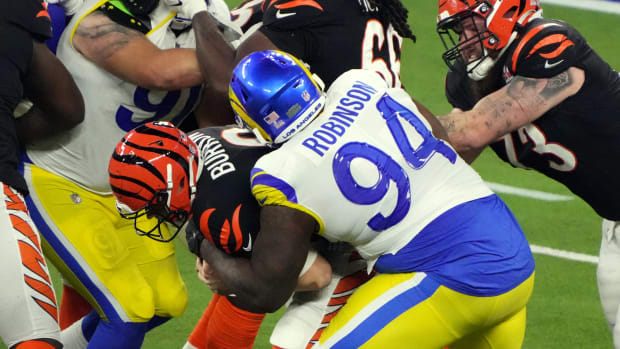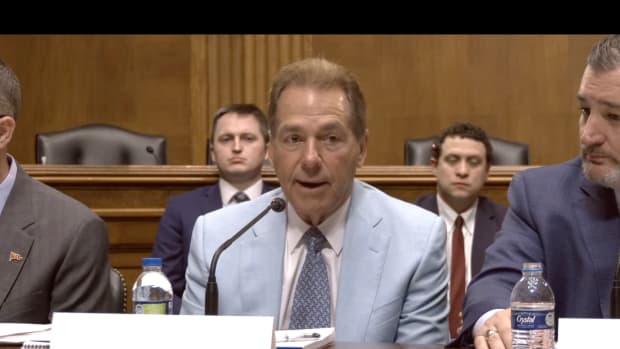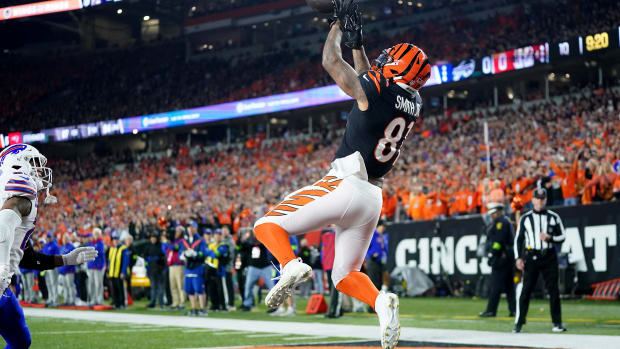NCAA Board of Governors Takes Steps Towards Student-Athlete Compensation
On Wednesday morning, the NCAA Board of Governors announced it supports rule changes to allow student-athletes to receive compensation from third-party endorsements over image and likeness.
Third-party endorsements include social media, business, or personal appearances. Student-athletes can also sell autographs and other memorabilia.
The recommendations also include that the student-athletes must provide the financial details of any endorsement deals to their respective athletic departments, and if they do not, it could affect their eligibility.
Student-athletes would not be permitted to wear any school-branded apparel in any personal endorsement deal. They will also be allowed to sign with an agent in order to find marketing deals but not professional sports opportunities while in school.
Players will not be able to be endorsed by any banned substances that goes against NCAA rules.
“Throughout our efforts to enhance support for college athletes, the NCAA has relied upon considerable feedback from and the engagement of our members, including numerous student-athletes, from all three divisions,” Michael V. Drake, chair of the board and president of Ohio State said in a release. “Allowing promotions and third-party endorsements is uncharted territory.”
Money from school boosters could be accepted by student-athletes as long as it is not used to recruit the players to that same school in the first place.
New rules regarding name, image, and likeness are expected to to made and voted on by January in order to be in effect by the 2021-2022 academic year.
“The NCAA’s work to modernize name, image and likeness continues, and we plan to make these important changes on the original timeline, no later than January 2021,” Gene Smith, Ohio State senior vice president and athletics director and working group co-chair said. “The board’s decision today provides further guidance to each division as they create and adopt appropriate rules changes.”

